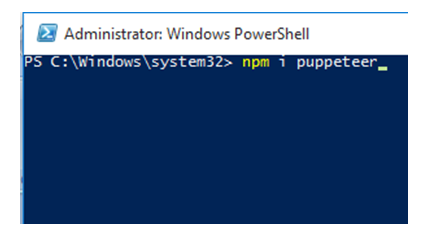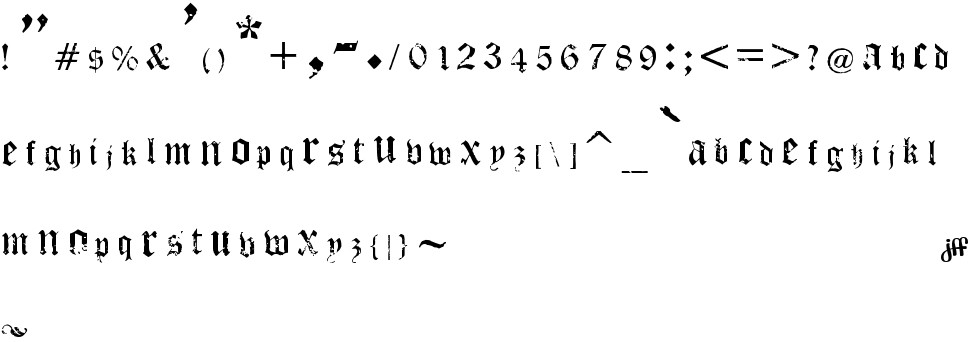


PUPPETEER_DOWNLOAD_HOST - overwrite URL prefix that is used to download Chromium.PUPPETEER_TMP_DIR - defines the directory to be used by Puppeteer for creating temporary files.PUPPETEER_SKIP_CHROMIUM_DOWNLOAD - do not download bundled Chromium during installation step.HTTP_PROXY, HTTPS_PROXY, NO_PROXY - defines HTTP proxy settings that are used to download and run the browser.If Puppeteer doesn't find them in the environment during the installation step, a lowercased variant of these variables will be used from the npm config.

Puppeteer looks for certain environment variables to aid its operations. For a version of Puppeteer purely for connection, see puppeteer-core. Just call the API and pass in the PDF URLs to join them into a single file and receive the generated result via webhook or via polling.When you install Puppeteer, it downloads a recent version of Chromium (~170MB Mac, ~282MB Linux, ~280MB Win) that is guaranteed to work with the API (customizable through Environment Variables). You can use the API to join your PDFs that are generated using Puppeteer too if they are hosted on a server. Bannerbear has an API to join PDF files when you generate PDFs from templates using Bannerbear’s PDF generation API. If you have multiple PDFs and want to join them into a single PDF, here’s an easy method to do so. to generate PDFs, so feel free to play around with the code. You can also modify the code to pass in different arguments to the function, eg. Margin: ,ġ-Run node index.js or node index.js url to convert the HTML content of a web page using its URL into a PDF.Ģ-Run node index.js file to convert the content of an HTML file into a PDF.


 0 kommentar(er)
0 kommentar(er)
